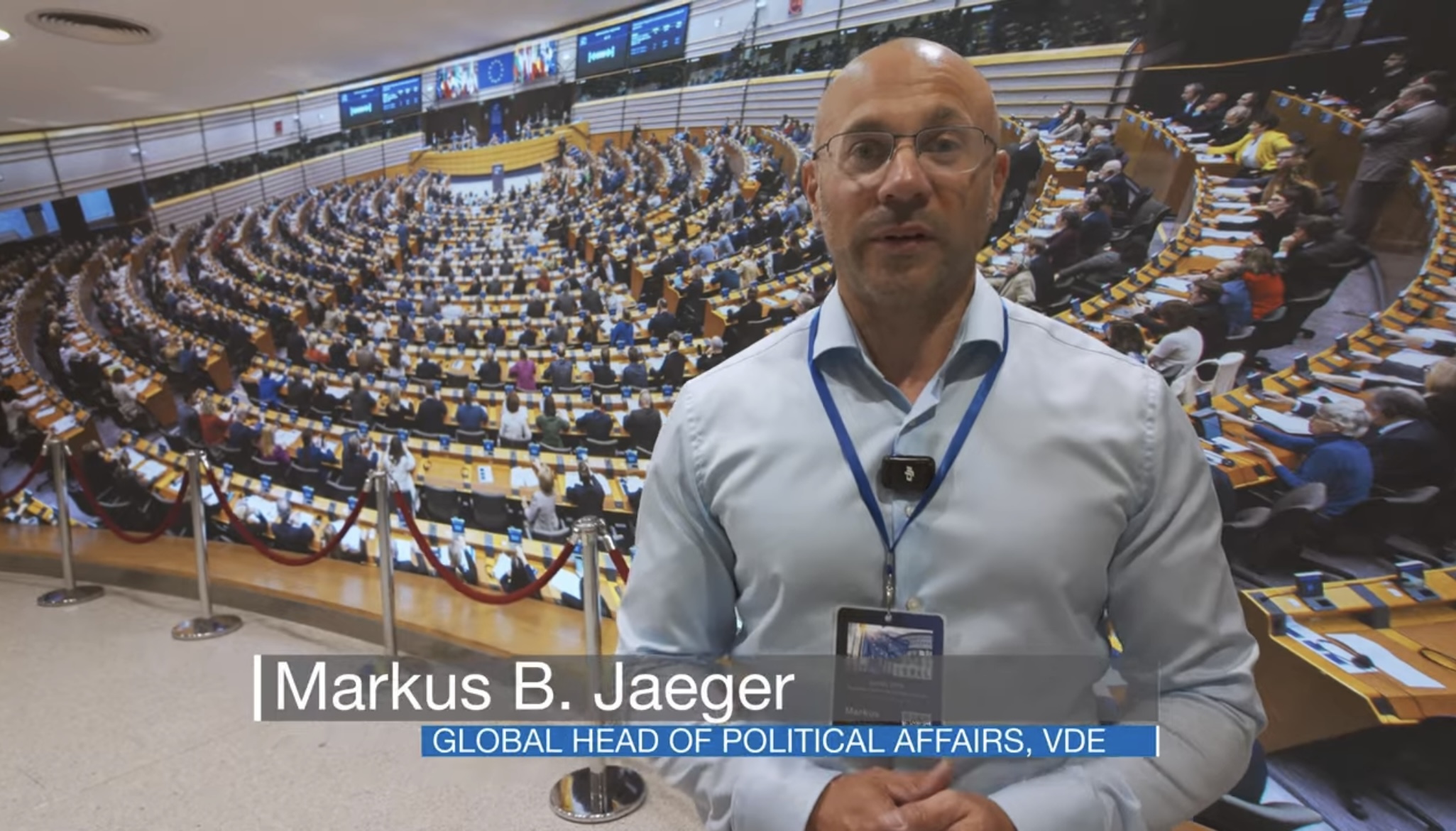Europe is increasingly under pressure. The geopolitical developments of recent years and the present must make us Europeans wide awake. We must take our future into our own hands. Young and aspiring engineers are also part of this future. Our future lies in the hands of young people and aspiring engineers in the fields of electrical engineering, electronics, and information technology. Today's under-35s will have to play a key role in shaping the future of Europe. We are all doomed to succeed, because otherwise Europe will lose out in the technological power struggle with the US and China.
That is why EUREL, as the European umbrella organization for engineers in electrical engineering, electronics, and information technology, together with its members under the leadership of the VDE from Germany, sees one of its priorities in establishing cross-border networks of students, young professionals, research, industry, politics, and teaching. We are breaking down barriers where they still exist and opening up new avenues for action. Only together can we create a framework for prosperity, stability, and peace in Europe. No one is driving forward issues such as microelectronics, artificial intelligence (AI), the energy transition, and cybersecurity as concretely as engineers in the fields of electrical engineering, electronics, and information technology.
The hot topic at this year's European Future Technology Summit (EFTS) is microelectronics. Under the title “Europe’s Comeback: Microelectronics, Resilience and Future Technology under the EU Chips Act”, more than 50 young and aspiring engineers spent three days in a workshop phase comprehensively examining the importance of modern microchips for AI applications, quantum computing, and many other future technology applications. Europe's location value, the development of global microchip production, and Europe's urgently needed technological sovereignty were also examined. In addition, the participants of EFTS 2025 were the first to be presented with the new VDE paper "Hidden Electronics IV" – even before it was sent to the responsible politicians in Europe and Germany. We would like to take this opportunity to thank all the speakers who agreed to hold a workshop.
Following the previous VDE/EUREL European Future Technology Summits entitled “Digital Trust in the Context of the EU AI Act: The New Challenge in the Age of Artificial Intelligence – Impact of Technology, Ethics, and Standardization” - EFTS 2023 and “Strengthening the Resilience of European Electricity and Communications Networks” - EFTS 2024, the event organizers at VDE Political Affairs were once again at the forefront of the political discussion in Brussels (and Berlin) – the EU Commission will shortly begin its evaluation of the EU Chips Act.




